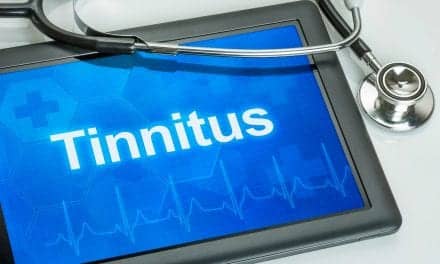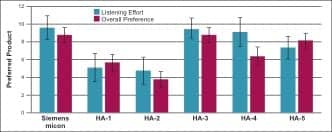Loyola University Medical Center is studying whether a new form of non-invasive magnetic therapy can help people who suffer from tinnitus.
The therapy, transcranial magnetic stimulation (TMS), sends short pulses of magnetic fields to the brain.  TMS has been approved since 2009 for patients who have major depression and have failed at least one antidepressant.
TMS has been approved since 2009 for patients who have major depression and have failed at least one antidepressant.
The Loyola study will include patients who suffer from both depression and tinnitus. Recent studies have found that about 12% of people with chronic tinnitus also suffer depression and anxiety, a rate that is three times higher than that of the general population, according to the researchers.
Moreover, antidepressant medications can cause tinnitus occasionally, said Murali Rao, MD, DFAPA, FAPM, principal investigator of Loyola’s TMS tinnitus study.
Several earlier studies have found that TMS can benefit tinnitus patients. Loyola’s study is the first to examine patients who suffer from both tinnitus and depression.
During TMS treatment, the patient reclines in a comfortable padded chair (see adjacent image of NeuroStar TMS therapy device). A magnetic coil, placed next to the left side of the head, sends short pulses of magnetic fields to the surface of the brain. This produces currents that stimulate brain cells. The currents, in turn, affect mood-regulatory circuits deeper in the brain. The resulting changes in the brain appear to be beneficial to patients who suffer depression. Each treatment lasts 35 to 40 minutes.
The study will enroll 10 to 15 patients. Each patient will receive five treatments a week for 4 to 6 weeks, for a total of 20 to 30 treatments. Each patient will be evaluated by a physician three times during the treatment course, or more frequently if the doctor deems necessary.
The treatments do not require anesthesia or sedation. Afterward, a patient can immediately resume normal activities, including driving. Studies have found that patients do not experience memory loss or seizures. Side effects include mild headache or tingling in the scalp, which can be treated with acetaminophen.
SOURCE: Loyola University Medical Center




